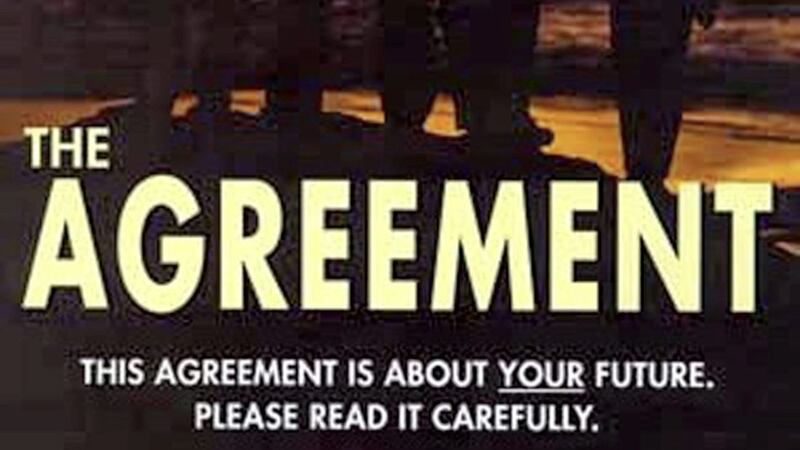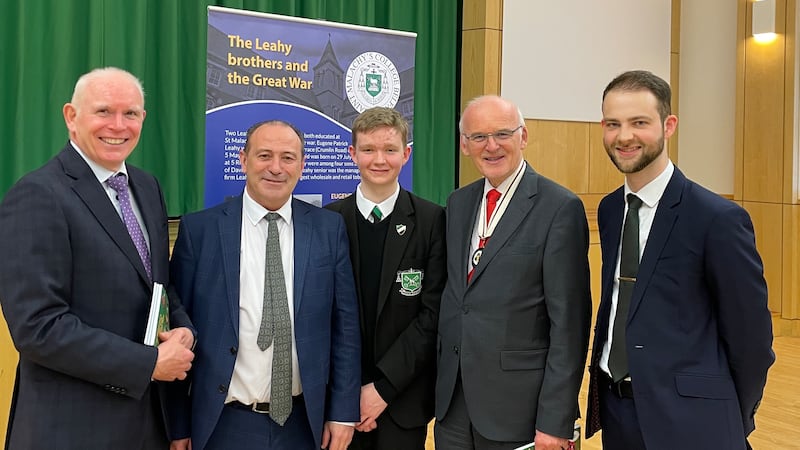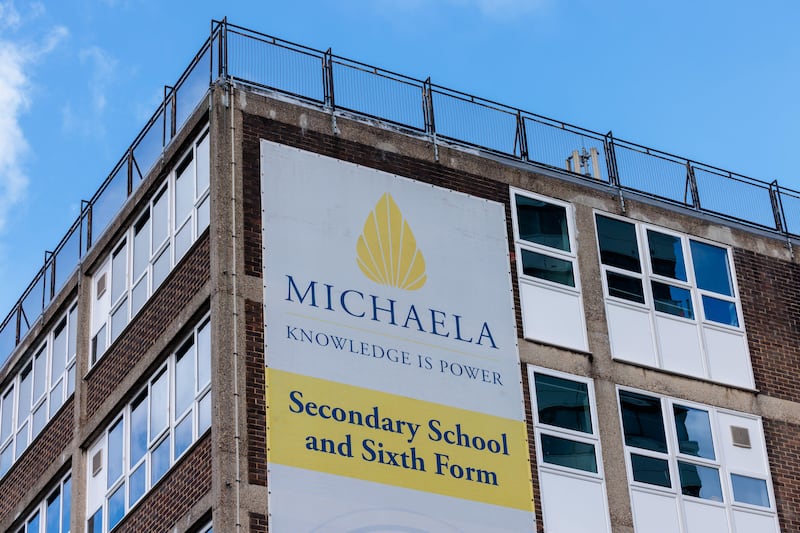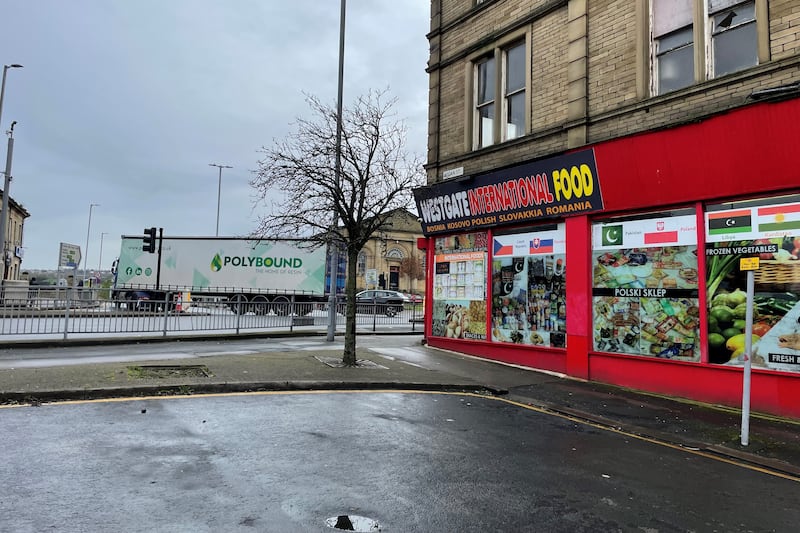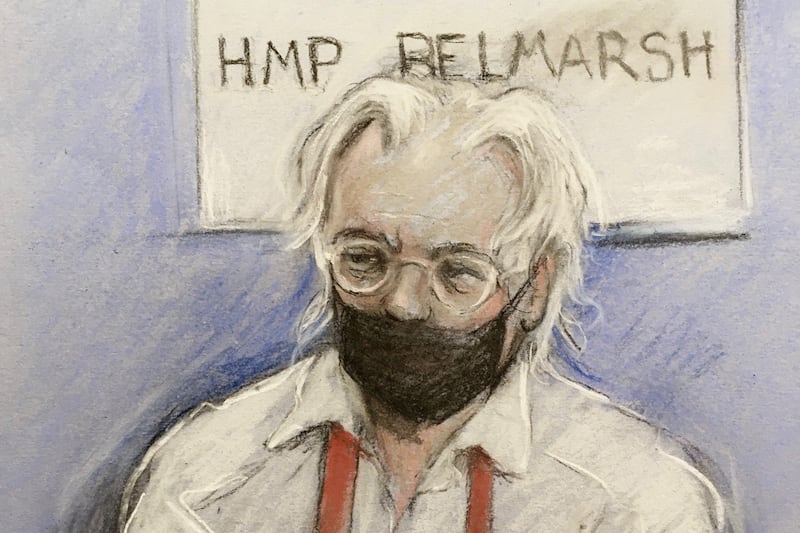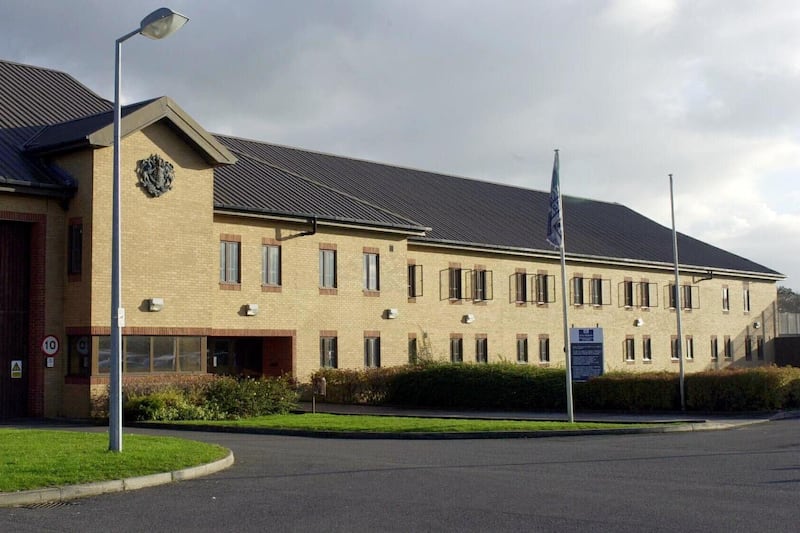Legacy issues and how to deal with them have nominated the peace process since the signing of the 1998 Good Friday Agreement. Suzanne McGonagle looks at numerous proposals and schemes mooted and some initiated over the past two decades.
1998
The Good Friday Agreement is signed. It paved the way for paramilitary groups to abandon their weapons and join the political process.
The Stormont Assembly established a Commission for Victims and Survivors aimed at supporting victims and their families. Several legal processes for examining crimes stemming from the Troubles were set up, including the Police Ombudsman, which investigated historical cases.
2000
Prime Minister Tony Blair held discussions with Sinn Féin about so-called 'on-the-runs' (OTRs) to allow dozens of IRA fugitives wanted in connection with crimes committed before the GFA to return home without serving prison sentences. Plans later shelved amid widespread opposition.
2005
The Historical Enquiries Team set up to investigate the 3,269 unsolved murders committed during the Troubles. It was wound up in 2014.
2007
The PSNI begins review of people regarded as "wanted" in connection with paramilitary-related offences before the Agreement, and what basis, if any, they had to seek arrests.
2009
Report by the Consultative Group on the Past proposed a legacy commission to take over the work of the Police Ombudsman and HET. Led by Denis Bradley and Lord Eames, it said the commission would examine the past and set a route to the future. The most controversial proposal was for a £12,000 payment to relatives of those killed during the Troubles.
2013
Richard Haass, former US envoy to NI, is brought in as an independent chairman of an all-party group to examine divisive issues such as parades and protests, flags, symbols, emblems and related matters stemming from the past. Months of talks end without agreement.
2014
Details of the controversial OTR letters emerge when the case against suspected IRA bomber John Downey collapsed at the Old Bailey. Lady Justice Hallett's inquiry concluded the letters were not an amnesty and scheme had been lawful.
The Stormont House Agreement, which aimed at clearing a path towards truth and reconciliation, was signed with proposal for a new independent investigation unit to re-examine all unsolved killings.
It called for establishment of new bodies to address legacy issues, largely based on proposals made during the 2013 Haass initiative.
Included among these were the Historical Investigations Unit (HIU) to take forward work of PSNI and Police Ombudsman in investigating outstanding Troubles related cases.
The Independent Commission for Information Retrieval (ICIR) was another body suggested to allow victims and survivors to seek and privately receive information about conflict-related violence.
However, Stormont crises between 2017 and 2020 impeded much of the work.
It also emerged royal pardons were given secretly to paramilitaries in return for information. Royal prerogatives of mercy were used in 16 paramilitary-related cases in the years after the GFA.
2020
One of the pledges of the New Decade, New Approach deal agreed was the implementation of legacy provisions outlined in the 2014 Stormont House Agreement, including setting up of independent investigations unit to investigate outstanding Troubles deaths.
In March, Secretary of State Brandon Lewis said the UK government would "remain true to the principles of the Stormont House Agreement", but suggested changes.
Instead of the HIU and ICIR, he proposed a single "independent body" to "oversee and manage both the information recovery and investigative aspects of the legacy system". Under the plan, the majority of cases relating to the Troubles would not receive full police probes or be referred for prosecution.
Proposal was widely rejected by nationalists and human rights organisations.
UK government proposes British soldiers who served in Northern Ireland will be excluded from proposed legislation designed to protect veterans from unfounded prosecutions.
2021
Stormont's Executive Office formally pledged to pay for a Troubles pension scheme, with payments ranging from £2,000 to £10,000.
Johnny Mercer, former veterans minister, resigned at the treatment of British Army soldiers who served during the Troubles.
Read More
- Troubles troops amnesty announcement timed for day of Ballymurphy Massacre inquest conclusion
- Bloody Sunday relatives say soldier amnesty means 'Irish lives don't matter'
- Tony Blair government considered previous Troubles amnesty
- Analysis: Leaked amnesty proposal is clumsy and callous (premium)
- Analysis: Stormont's devolved justice powers could scupper UK amnesty plans (premium)
- Plans to restrict future prosecutions of British soldiers who served during Troubles branded an 'insult' to victims
- UK government unilateral plan simultaneously scraps Historical Investigations Unit and revives 'Troubles museum'
- Michaél Martin warns unilateral Troubles amnesty would be 'breach of trust' by British government
